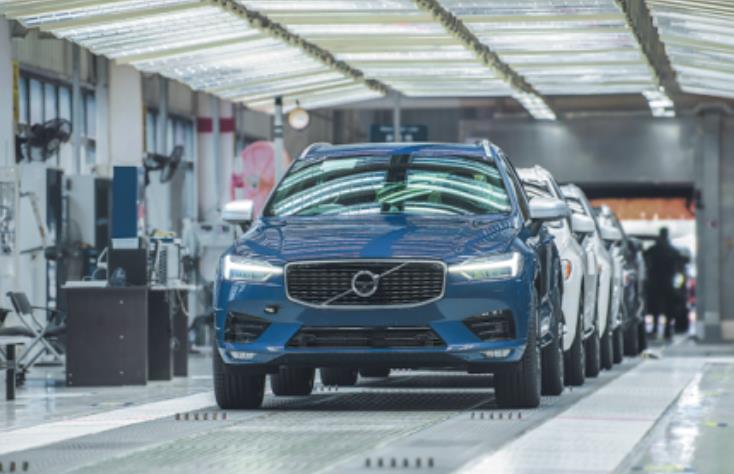Volvo's China-made SUVs exported to European market

After traveling 9,783 kilometers in 18 days from Xi'an, a China Railway Express train loaded with Volvo Cars' XC 60 SUVs arrived in Ghent, Belgium, on July 4.
The models, made at Volvo's Chengdu plant, will be sold in 25 European countries, including the United Kingdom, France, Italy and Germany.
The train will return to the Chinese mainland carrying the Volvo's XC90 SUVs and V-series wagons made in Europe.
"Railway transport is faster, more cost-efficient and more environmentally sustainable," said David Pansinger, head of supply chain management of Volvo Cars Asia Pacific. "Meanwhile, the railway is also less influenced by weather and traffic conditions, and could guarantee our product is perfectly delivered to consumers."
Volvo became the first premium carmaker to export China-made models to developed countries in 2015 when a fleet of S60 sedans made at the Chengdu plant were shipped to the United States.
Over the years, its China plants have played an increasingly important role as one of the strategic centers of Volvo's global manufacturing network.
Statistics show Volvo models made in China have been exported to over 70 countries and regions, with 40 percent of vehicles at its Chinese plants sold overseas.
As a significant part of Volvo's global manufacturing footprint, China plants have quickly responded to demand from global markets. The railway line that connects China with Europe is benefitting the carmaker.
In the first half of 2019, the proportion of exports by Volvo via railway reached 26.4 per cent of total exports.
Railway in 2017 became the sole method of transportation for Volvo's models delivered to Europe.

